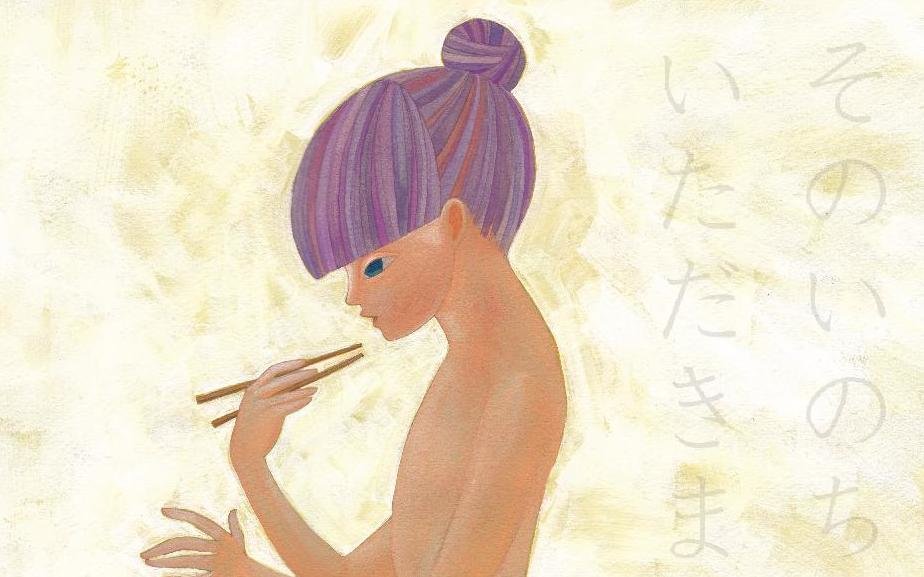
A new book by Gitte Marianne Hansen explores how complex ideas about femininity are linked to eating disorders.
A new book explores representations of femininity and what it means to be a woman in relation to the rise in eating disorders and self-harm in Japan.
The book, Femininity, Self-harm and Eating Disorders in Japan: Navigating contradiction in narrative and visual culture, is written by Gates Cambridge Alumna Gitte Marianne Hansen and is based on the PhD she did in Asian and Middle Eastern Studies at the University of Cambridge, although she was already working on the theme in Japan before she came to Cambridge.
In the book, Gitte [2009], who is now a lecturer in Japanese studies at Newcastle University, has traced the relationship between femininity, its representation in art and literature and women's self-directed violence in contemporary Japanese culture.
While she was living in Japan between 2004 and 2009, she noticed many cultural images and stories about eating disorders and self-harm and was surprised about how explicit many of these were. On investigating the issue further she found that these problems seemed to have been on the rise since the early 1980s. "It is also from this time onwards that we begin to find various portrayals of self-directed violence by women in Japanese culture across a wide spectrum of genres", she says. Gitte has found that these behaviours are not only explicitly portrayed, but are also present via embedded storylines. She says these various types of representations show how women’s private struggles with their own bodies have become public discourse available for consumption as entertainment and lifestyle products.
She comments: "Reading reports and letters by individuals undertaking these acts, I found that while this is mostly about women, these women are very diverse, including young girls, working women and housewives. From their letters, interviews and blogs it seems that many feel fragmented about how to be women and feel they get mixed messages about normal femininity. So, while these women may be diagnosed with medical conditions because their behaviours are judged to be abnormal, for the women themselves their acts are closely tied to and explained by the norm."
The book, published by Routledge, develops 'contradictive femininity' as a theoretical concept that is useful to discuss the contemporary norms where women often are asked to function in contradictory roles. Gitte shows how Japanese culture reflects this complexity through three character construction techniques that are based on the doppelgänger motif – 'double and multiple characters', 'transforming characters' and 'extended characters' – and how these are found throughout Japanese novels, artwork, manga, anime, TV dramas and news stories. The book analyses both globally well known Japanese culture such as Murakami Haruki’s literary works and Miyazaki Hayao’s animation, as well as culture unavailable to non-Japanese readers.
Gitte says: "My project was to show how these techniques are used across genre and cultural hierarchy – my point is that this is not limited to an obscure corner of Japanese culture. As I progressed with my research I realised that what the women with eating disorders and self-harm were saying about femininity and norms made much sense."
*Picture credit from the cover of Gitte's book by Kondō Miwa.












